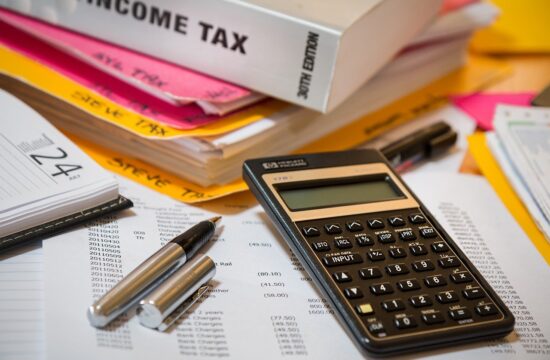Now you can ask your local grocery shop for cash just like you withdraw from an ATM if the shop has a debit card payment system called PoS, Point of Sale system. The shop will deduct the cash amount from your debit card, similar to when you buy something and make a payment. This facility should be available at all shops that banks have an arrangement with (like SBI). The RBI has asked banks to implement this facility to allow cash withdrawal even in places that don’t have ATMs.
As per the RBI: cash withdrawal using debit cards and open system prepaid cards at PoS terminals has been allowed a withdrawal of upto a maximum of ₹2000/- daily per card. The maximum withdrawal limit may differ depending on the city or town.
Card transactions have now become a daily part of many peoples lives in India and newer payments systems keep coming up. In the meanwhile, RBI and the government keep updating the laws regarding the use and safety of these transactions. How well do you know the rules laid by the RBI, check out if you have one of those questions.
Can you use your debit card internationally?
Debit cards are usually used to withdraw cash at ATMs, make purchases at shops or online services. While they can be used with in the country where you have issued the card, international use is also allowed if you, as the holder of the card have requested your bank.
How is fraud avoided in card transactions?
All card transactions for cards issued in India are provided security with an additional layer of authentication along with your using your card physically or using the card number and details without having the card physically. This layer of authentication can be in different forms.
Few commonly used forms are
- PIN (that you can set and remember),
- dynamic one-time password (OTP) that can be sent to you,
- static code, etc.
This layer of security however is not mandatory when dealing with foreign transactions. Similarly, except ATM transactions, the new NFC contactless technology does not need a authentication layer for transactions of up to of ₹2,000/- per transaction.
If a card has been used by a fraud what next?
The RBI has made it compulsory for transactions which does not involve the card being directly used a use of PIN, or OTP or such layer of protection be used by banks (or other approved card provider).
In cases of fraud transactions where your card is not physically used the RBI states that it is the responsibility of a card issuer if a transaction has happened without the use of an OTP or PIN and if the customer has logged a complaint the card issuing bank has to pay back the stolen amount to the customer without raising objections or show reluctance.
Which card is the safest: magnetic swipe cards, EMV chip & PIN cards and contactless NFC cards?
The magnetic swipe card which were the more common old cards keep card information on the magnetic stripe present on the card. The EMV Chip & PIN cards keep all the information on a chip on the card.
The contactless NFC card stores data in the integrated circuits within it, transaction occurs by keeping the card near the card reader.
Compared to the magnetic swipe cards EMV chip & PIN cards and contactless NFC cards are considered to be safer.
Can credit cards be used for more than purchases?
Credit cards usually are used for purchase of goods and services at shops or at online portals. Credit cards however can also be used to:
- to withdraw cash from an ATM and
- for transferring funds to bank accounts, debit cards, credit cards and prepaid cards within the country, subject to prescribed limits and conditions.










